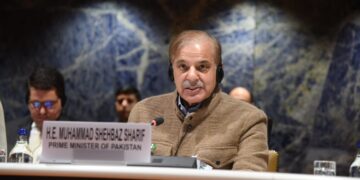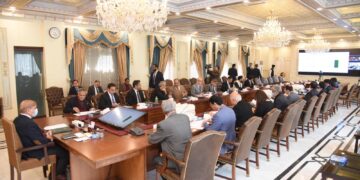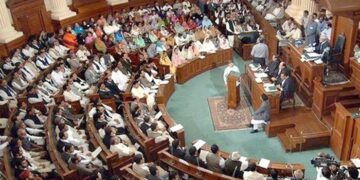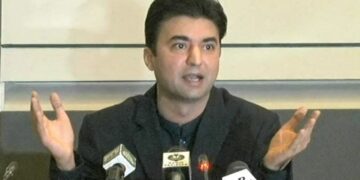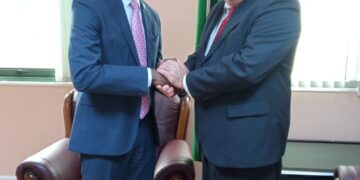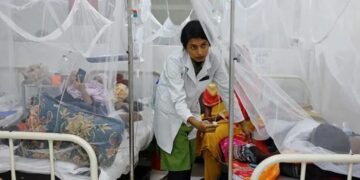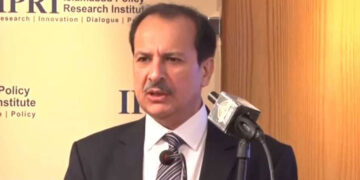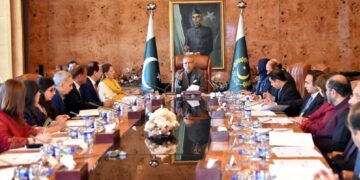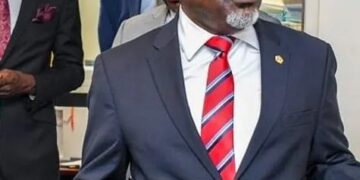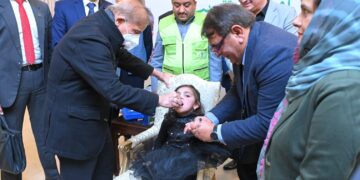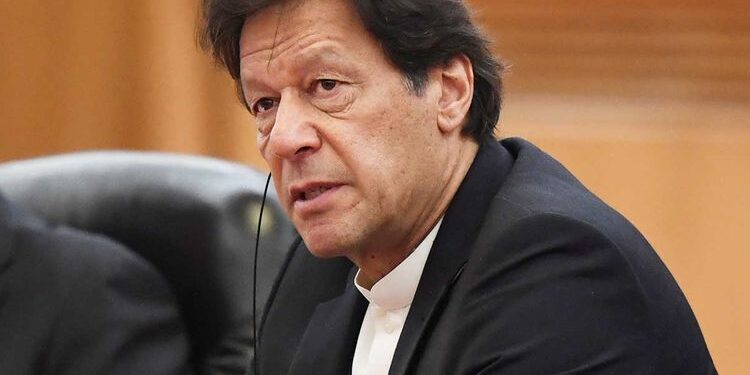Amid surging tensions over unemployment, inflation and poverty, Prime Minister of Pakistan Imran Khan-led government is looking for more help. It is now planning for a proposal to borrow gold from the citizens.
As per the reports, the Imran Khan-led government is planning to borrow gold bars and biscuits from people to boost Pakistan’s foreign exchange reserves that are facing a continuous downfall despite already taking over US$ 5 billion as loans from bilateral and multilateral creditors in the past three months.
According to reports, the proposal has been discussed in the Economic Executive Council (EEC), the body which comprises all economic ministers and the governor of the State Bank of Pakistan (SBP).
As per the proposal, the commercial banks will issue a negotiable discounted instrument to the owner of gold and pay an interest rate on the precious metals. The commercial bank in Pakistan will deposit the gold with the SBP, which can then monetize it to increase the foreign exchange reserves already built by taking expensive foreign loans.
According to the State Bank of Pakistan (SBP), “Pakistan’s foreign exchange reserves have been continuously facing a downtrend amid the economic crisis. Reserves fell by $398 million or 1.8% in the week ended January 28 and then fell by over $241 million to $17.095 billion during the week ended on February 11, 2022.”
Whereas, the proposal planned by the government to borrow gold from people against a negotiable instrument had earlier been floated by an expatriate, Tahir Mehmood, to Prime Minister Imran Khan.
PM Khan then referred the matter to the EEC, which has now fine-turned it to increase reserves and bring more cash into the market against an idle asset like gold.
During the last meeting of EEC, Finance Minister Shaukat Tarin said that the aim behind the gold-based negotiable instruments was to translate gold into foreign currency to improve foreign exchange reserves.
According to the EEC estimates, Pakistani citizens have around 5,000 tonnes of gold bars and biscuits.
